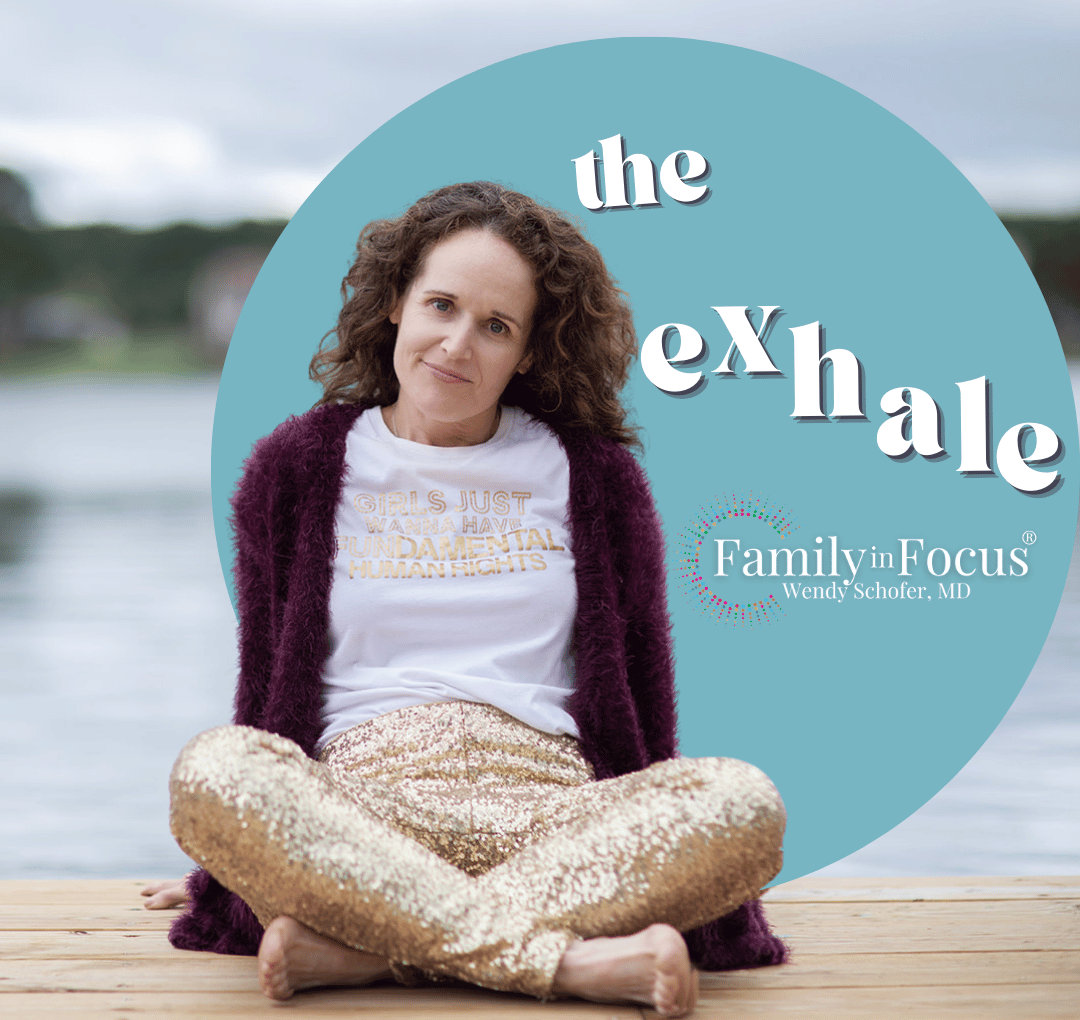
As we learn about hunger, eating for hunger, eating as driven by emotions there is one underlying aspect that needs to be discussed to put this into action:
Trust.
Trust is the firm belief in the reliability, truth, ability or strength of someone or something.
The opposite is what we often see at home: doubt in ourselves, our abilities, strengths and family members - which often leads to control. We control for our bodies, where we have food stashed (or don't because we don't trust our bodies or willpower), what we serve and how we get our family members to move.
Control is where we just mess up the relationship with our own bodies, and the relationship with our children.
When we control, we tend to eat to avoid hunger, convince ourselves that we “aren’t that hungry” and then get to the point of being over-hungry, and being uncertain of what kids will do when presented with a whole bunch of food options.
There are 3 aspects of trust to consider:
Trust in yourself. So often, we look to other people and external cues to tell us what to do: when to move, what time to eat, when to sleep. Trusting yourself is about learning to ask your body about its needs and then LISTEN. What do you need? Are you tired? Are you hungry? You can’t ask a question unless you trust the response. Are you ready to hear, “No, I’m not hungry now”?
- We start practicing trust with our own bodies by asking, “Am I hungry?”
Trust your body’s signals. Green-lighting eating when hungry. We don’t have to wait to be starving to eat. Just as we don’t have to eat a large amount of food. Trust that when your body is hungry, it’s time to eat. When your body is satisfied - you can stop.
- How often do you over-think or push past what your body is trying to tell you (no, I can’t eat now, it’s too early to sleep, etc)?
- We start practicing trust with our body’s signals by eating when hungry.
Trust and Kids. Our kids learn to trust us by expressing their needs, and having the needs be met. This starts as the youngest of infants: they cry, we provide comfort. They are hungry, we feed them.
The first part is that we get to trust our kids. They are learning how to read and trust their own bodies, and to express their needs to us. Notice how as infants, we trust children to tell us when they are dirty or tired or hungry (yes, they all sound the same, until we learn the difference between the three from the child). The funny thing is that it still applies when they get older. And, we cannot actually tell whether a child is hungry or not. Only the person experiencing the hunger knows. So telling them they aren’t hungry is either right, off the mark, or going to have them push back, dig in and fight more for the hunger.
Trusting our kids means that we take their word for how their bodies feel. Their assessment. Because ultimately they are the ones to teach us about their bodies.
It is our opportunity to trust the kids, to give them the control to trust their own body signals.
If in doubt, believe your child.
Always.
In return, children learn to trust US. But it starts with us first letting them trust themselves and trust us.
Check out the Family in Focus with Wendy Schofer, MD Podcast!
Stay connected with news and updates!
Join our mailing list to receive the latest news and updates from our team.
Don't worry, your information will not be shared.
We hate SPAM. We will never sell your information, for any reason.

